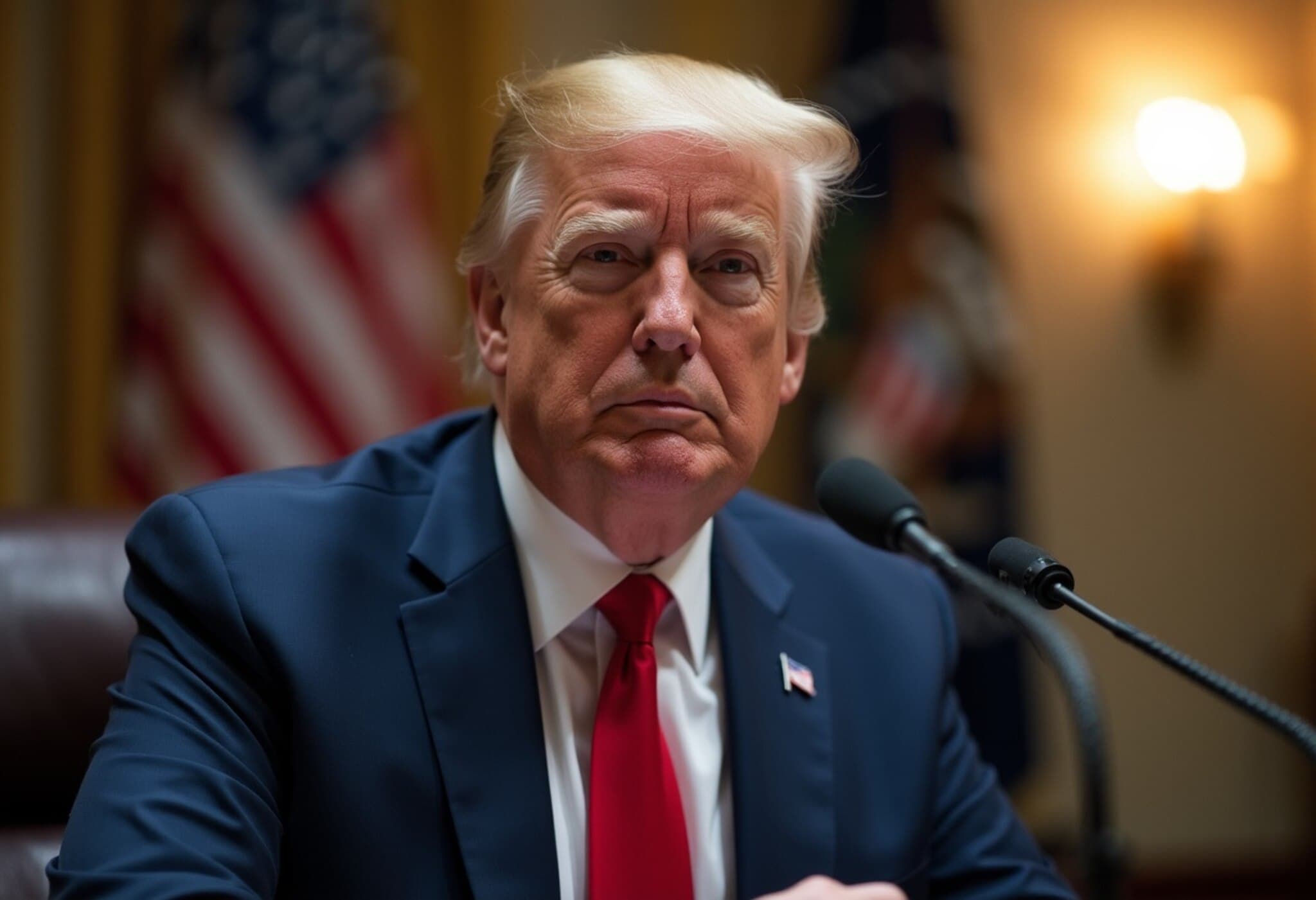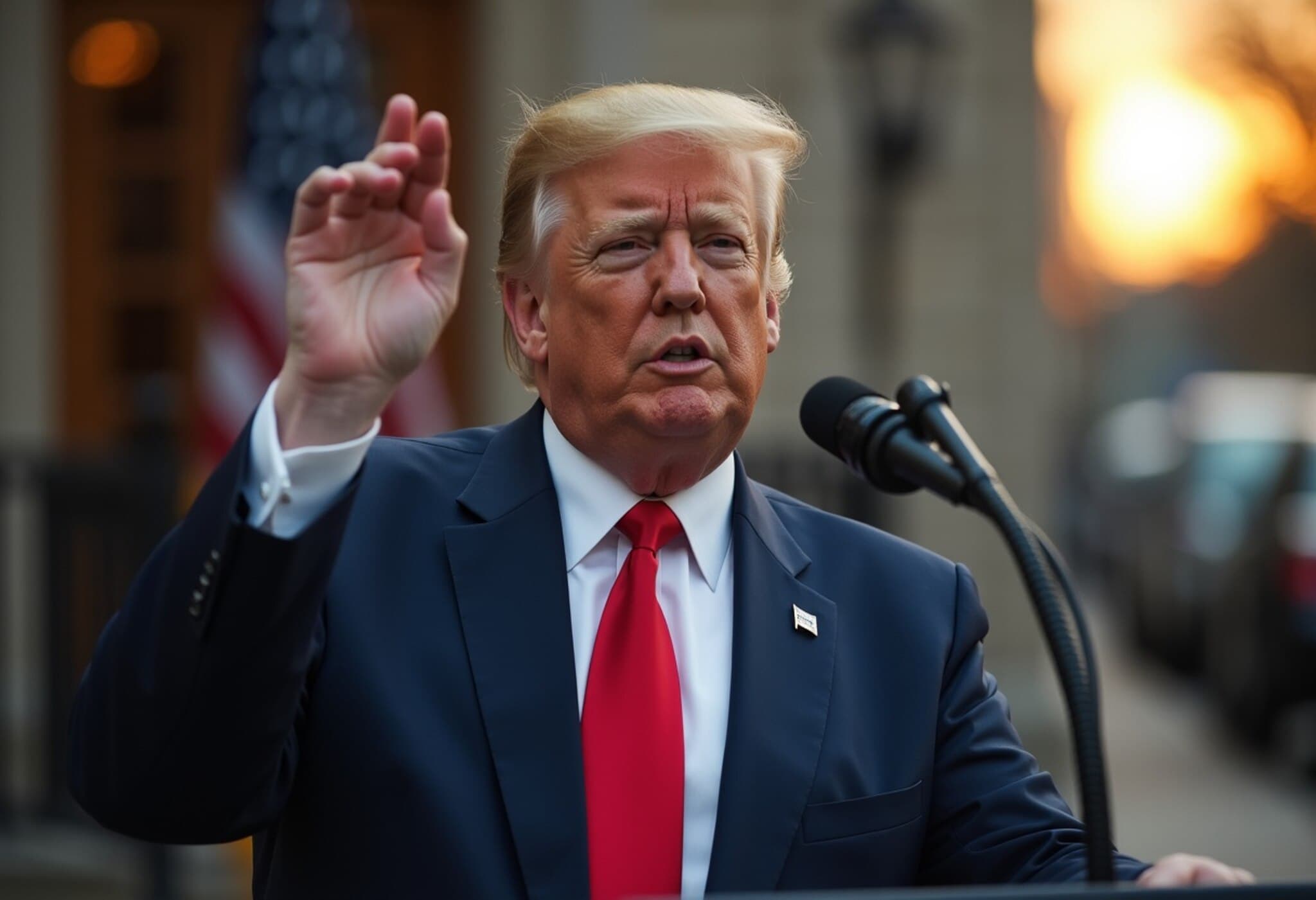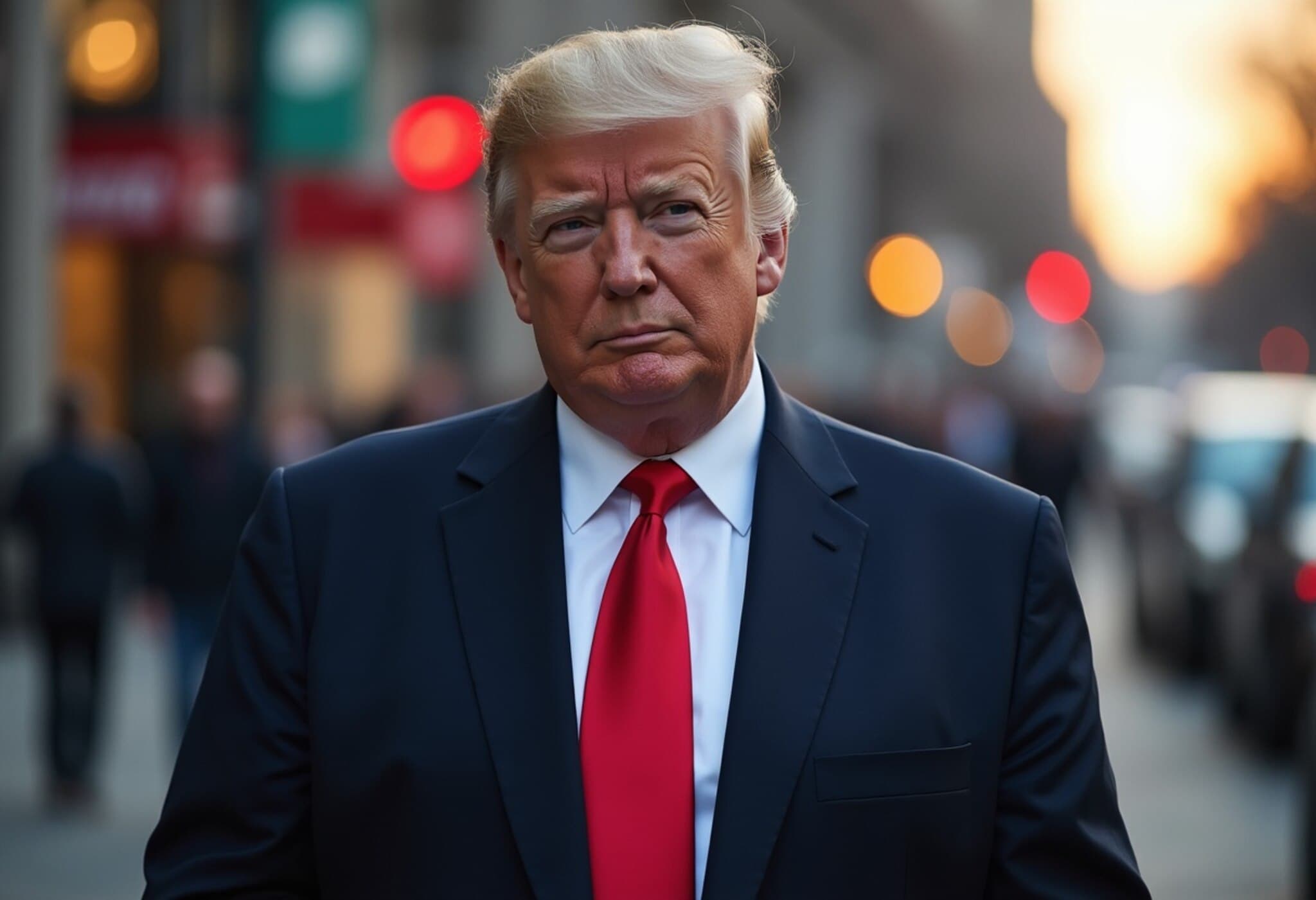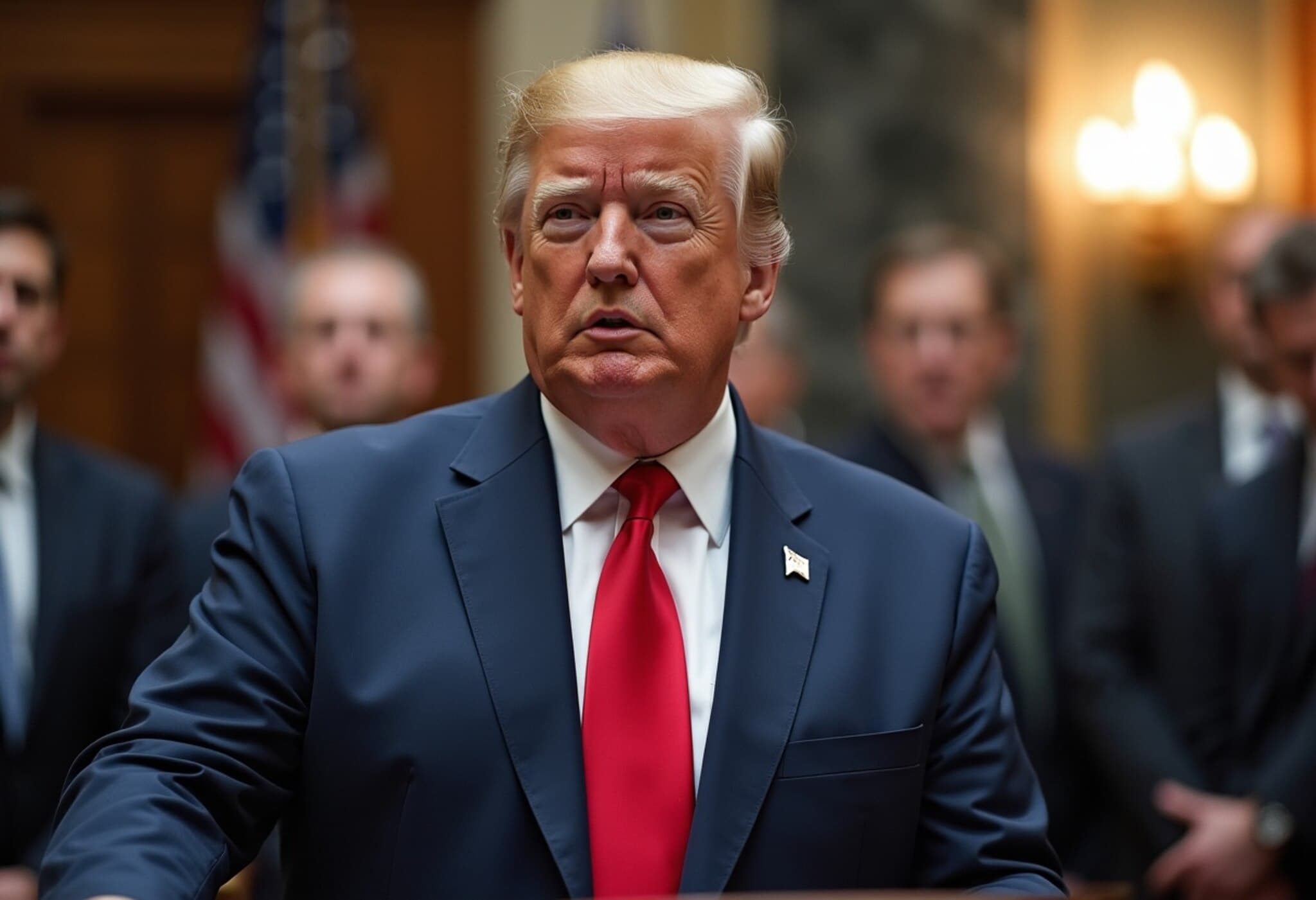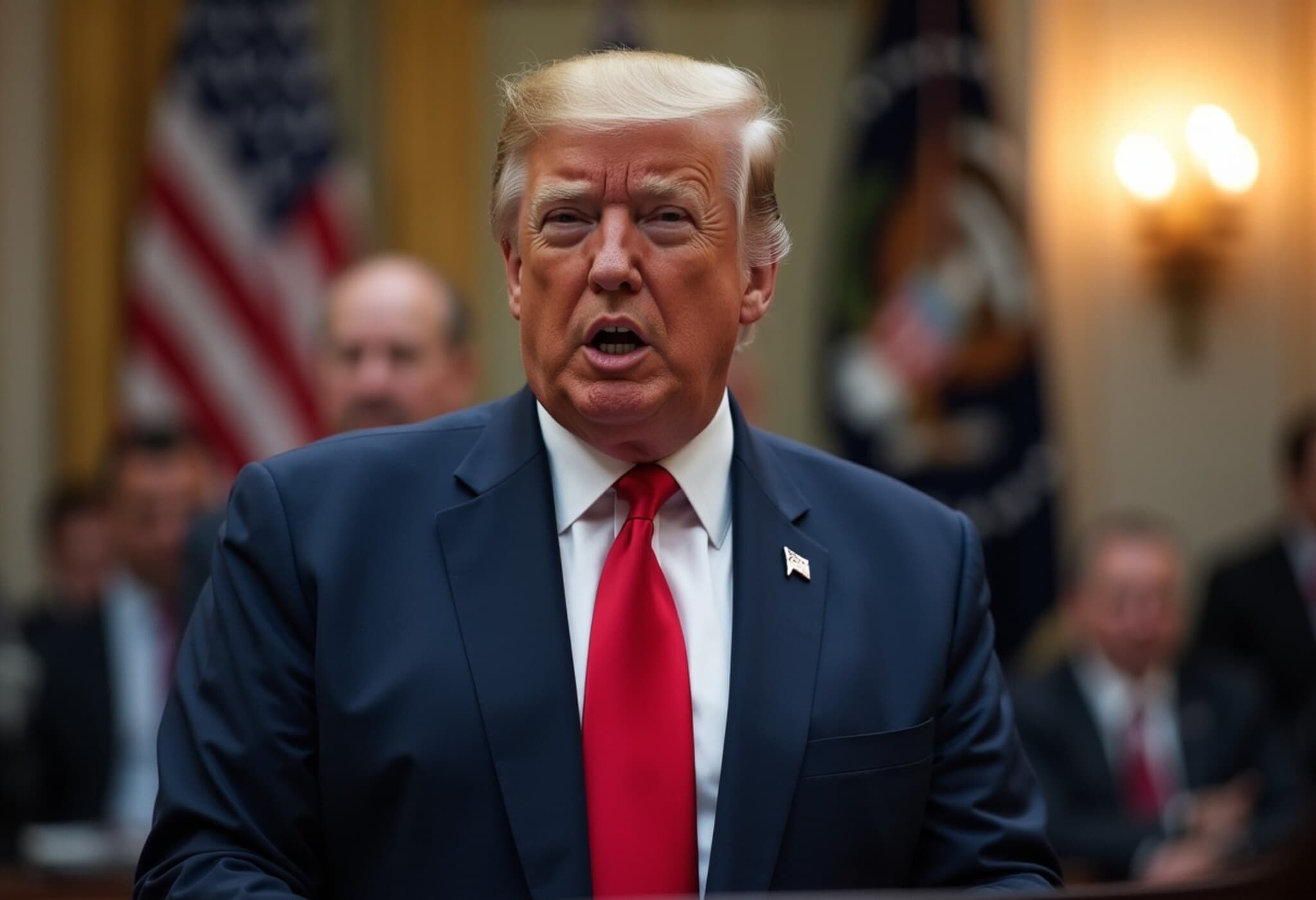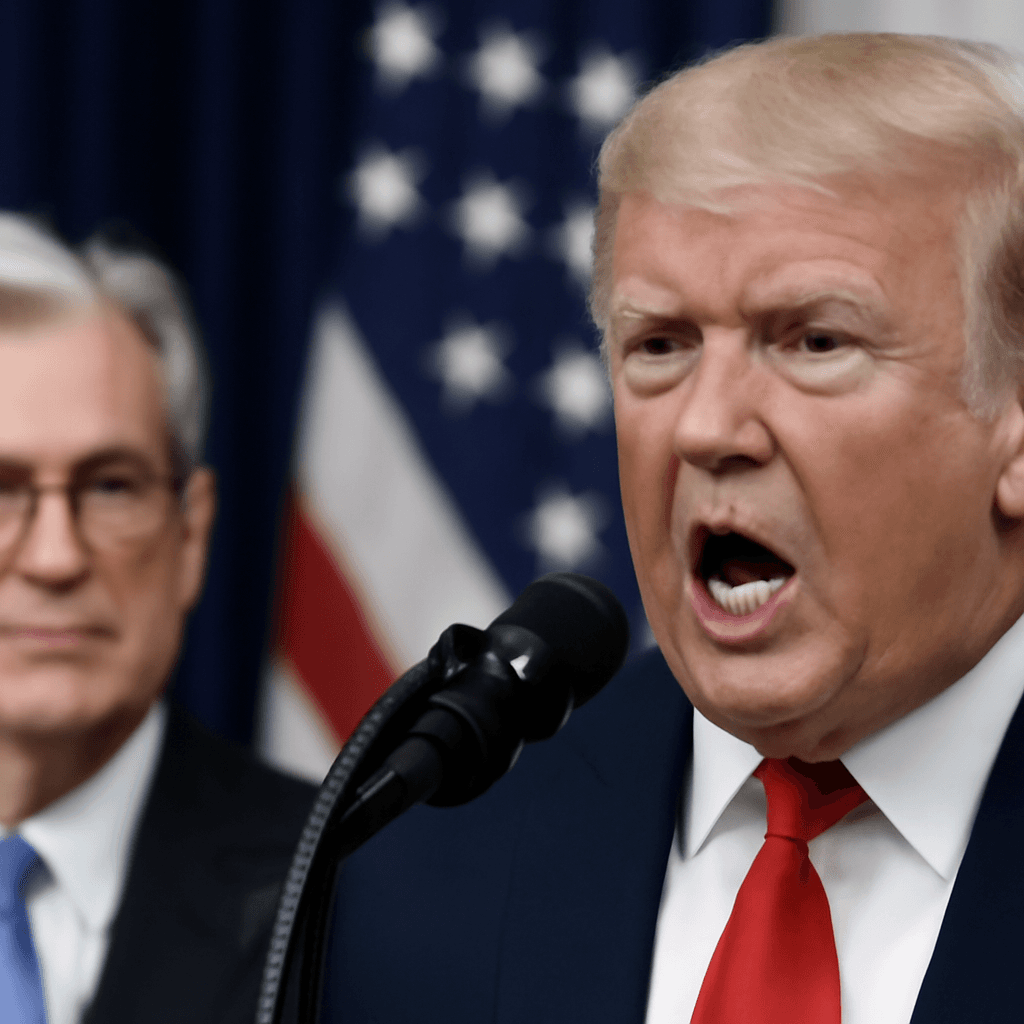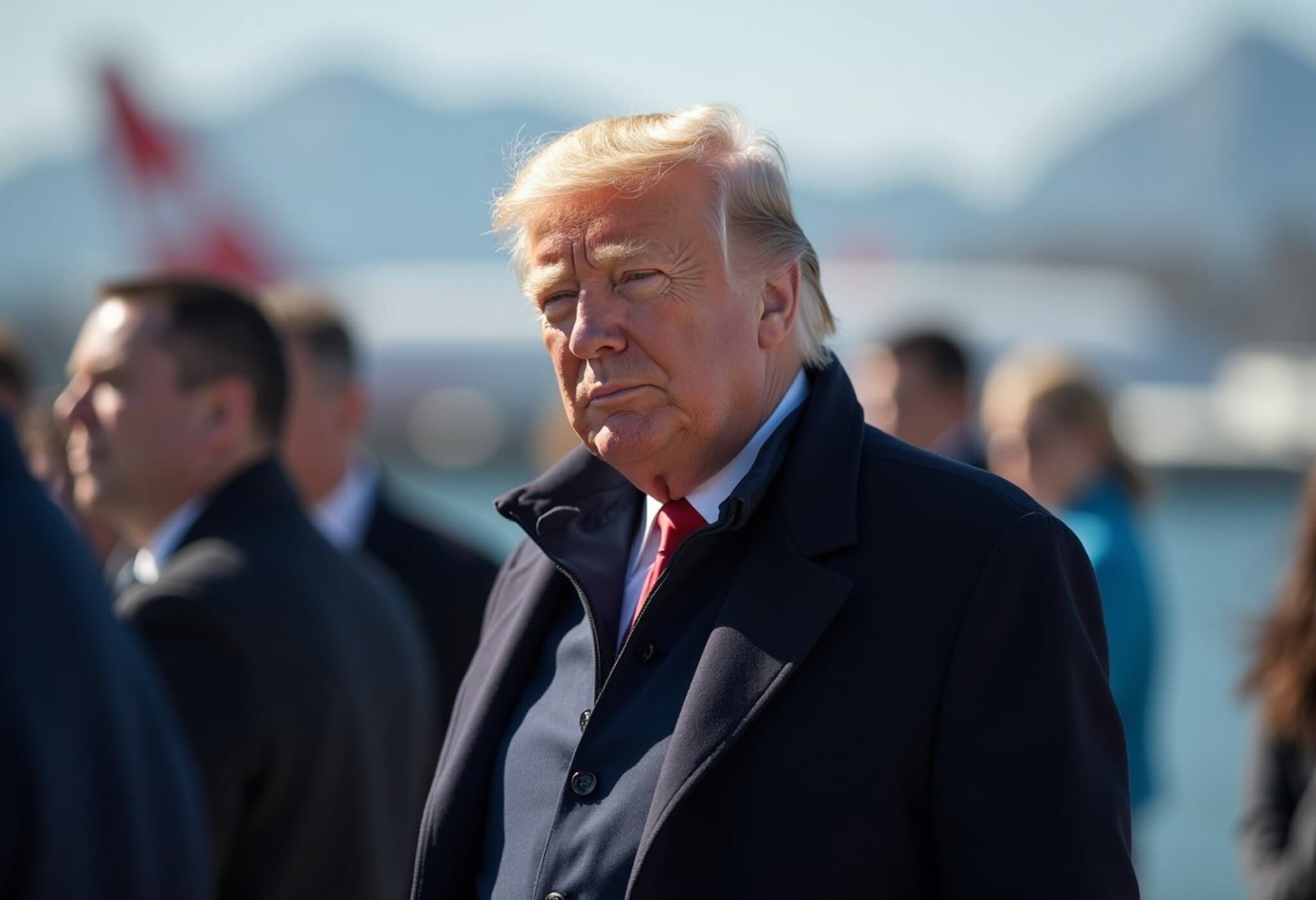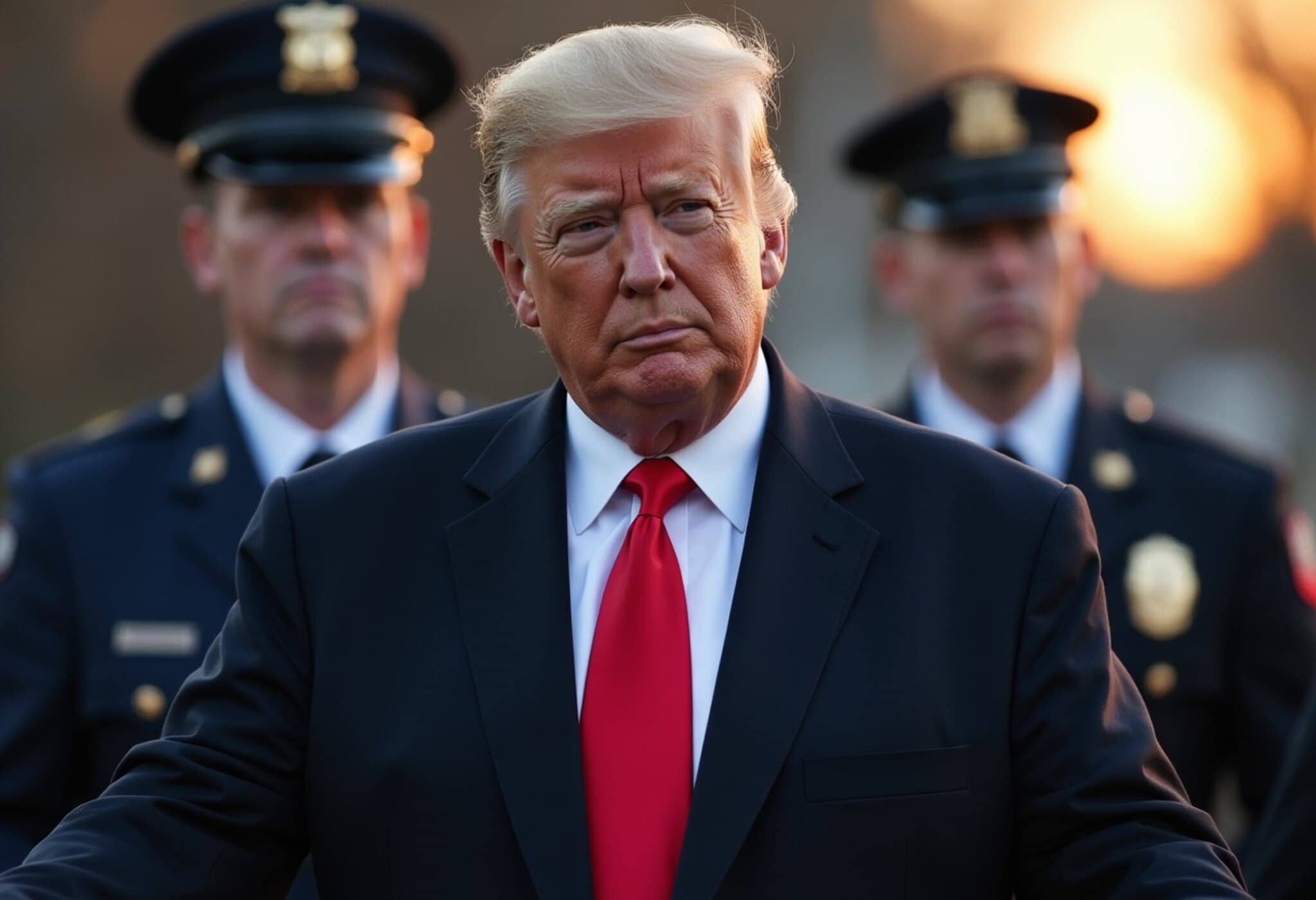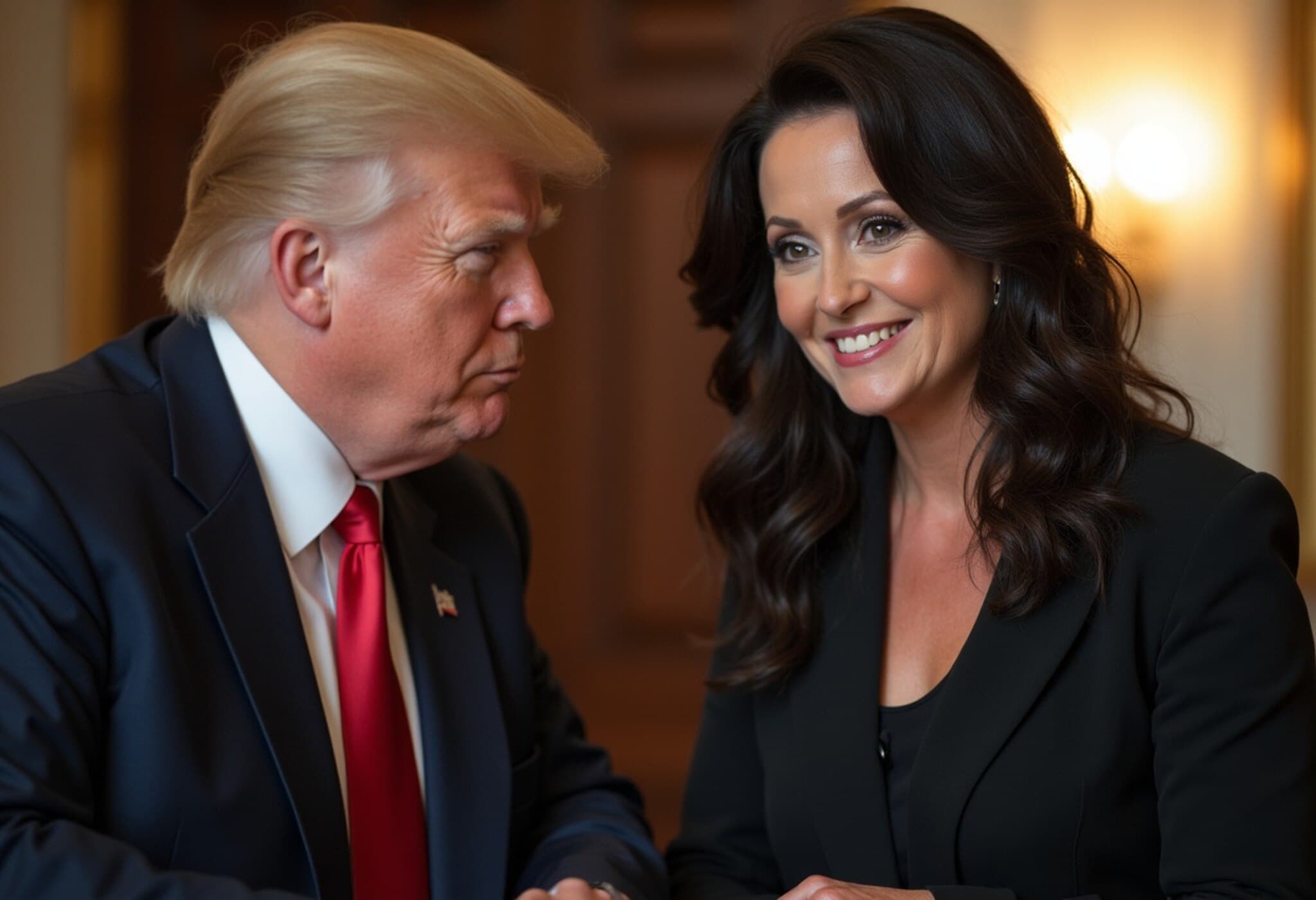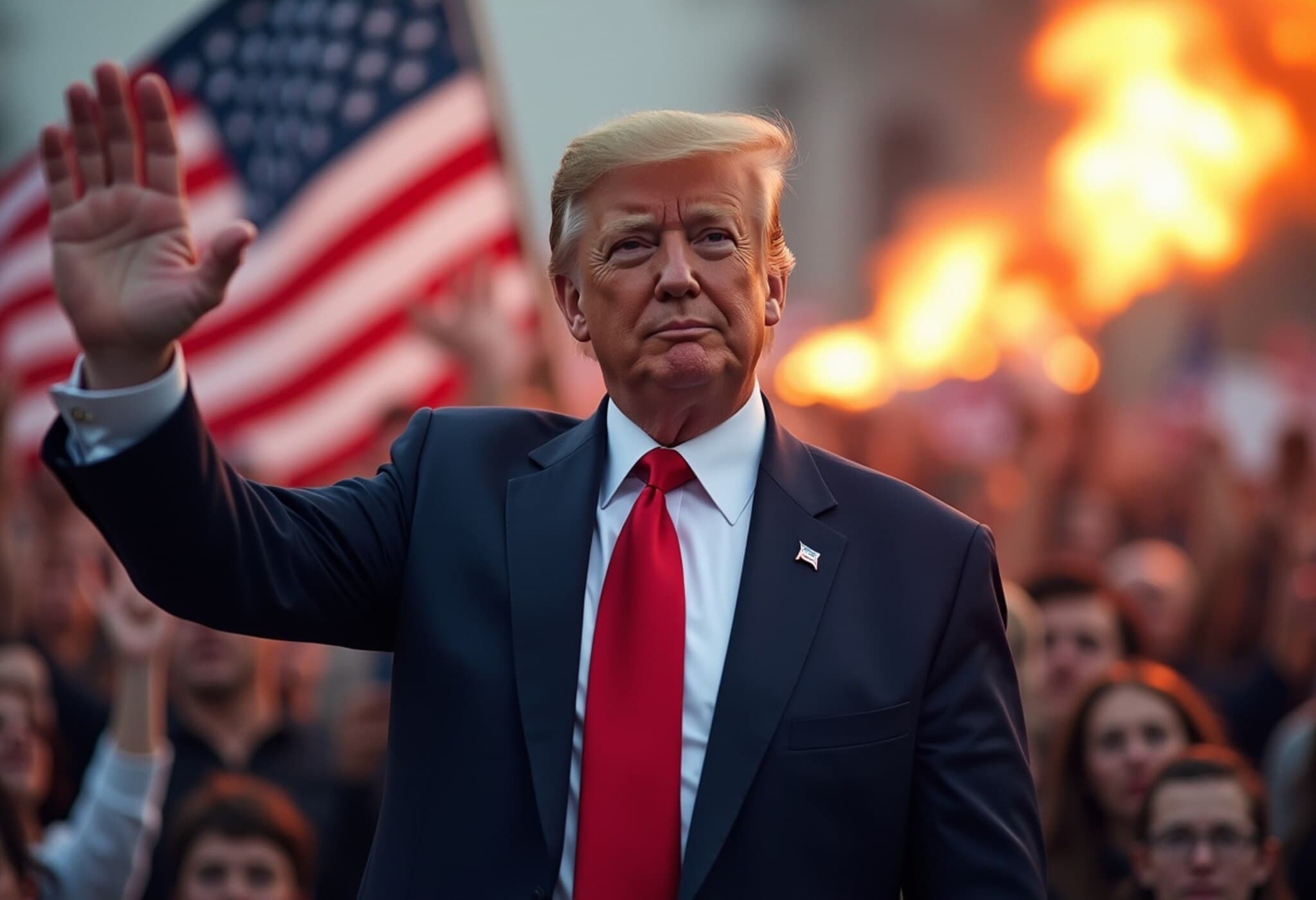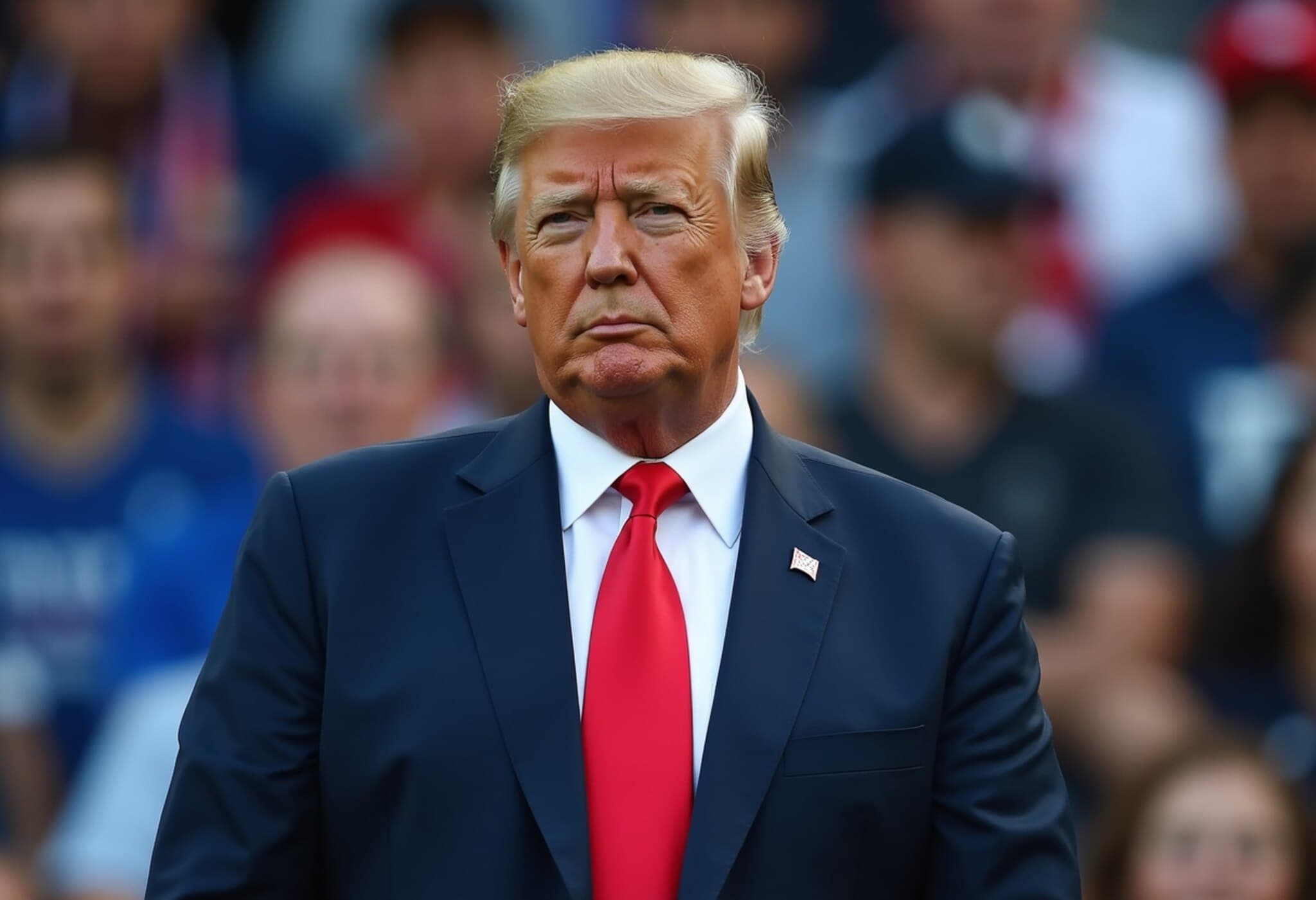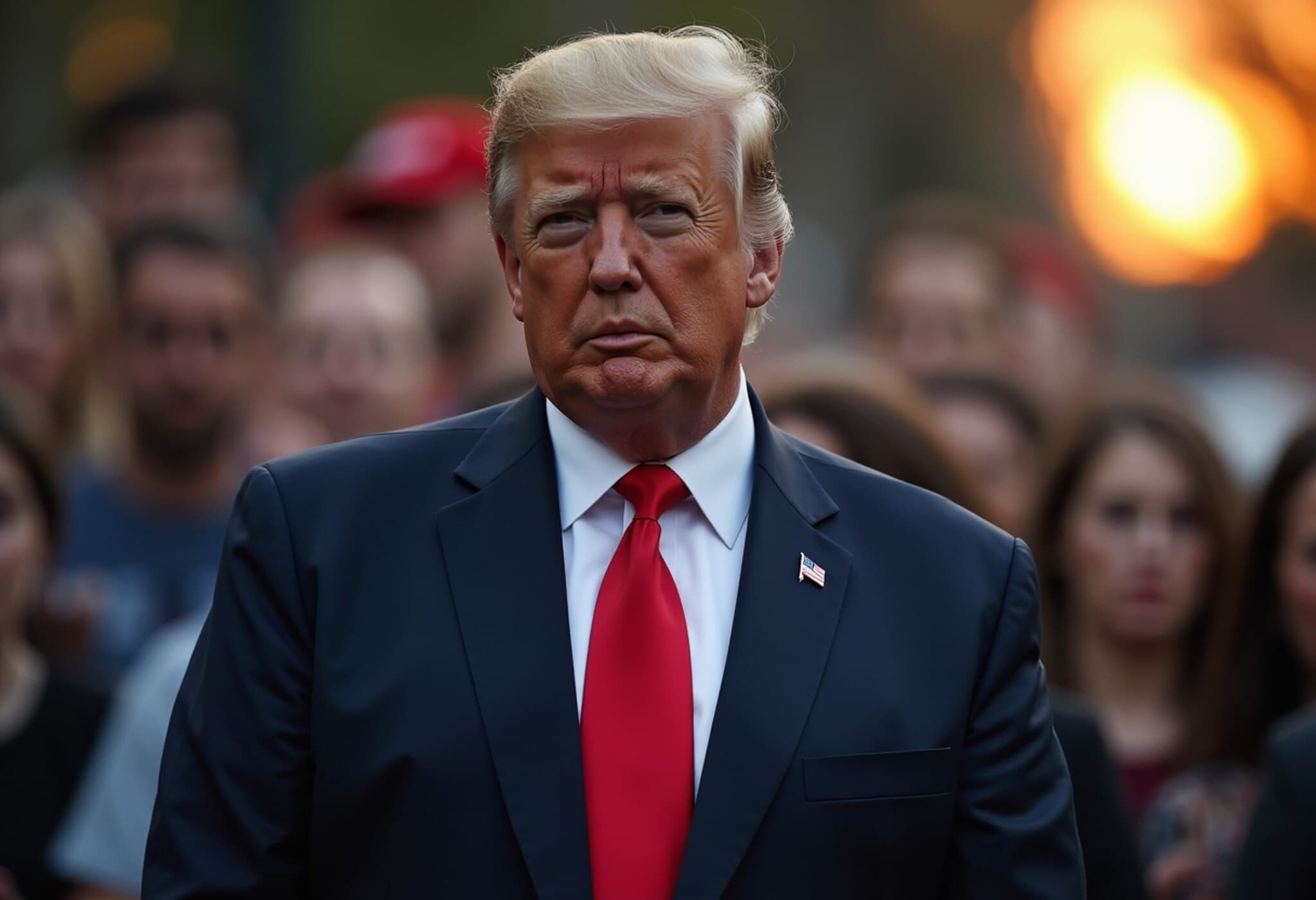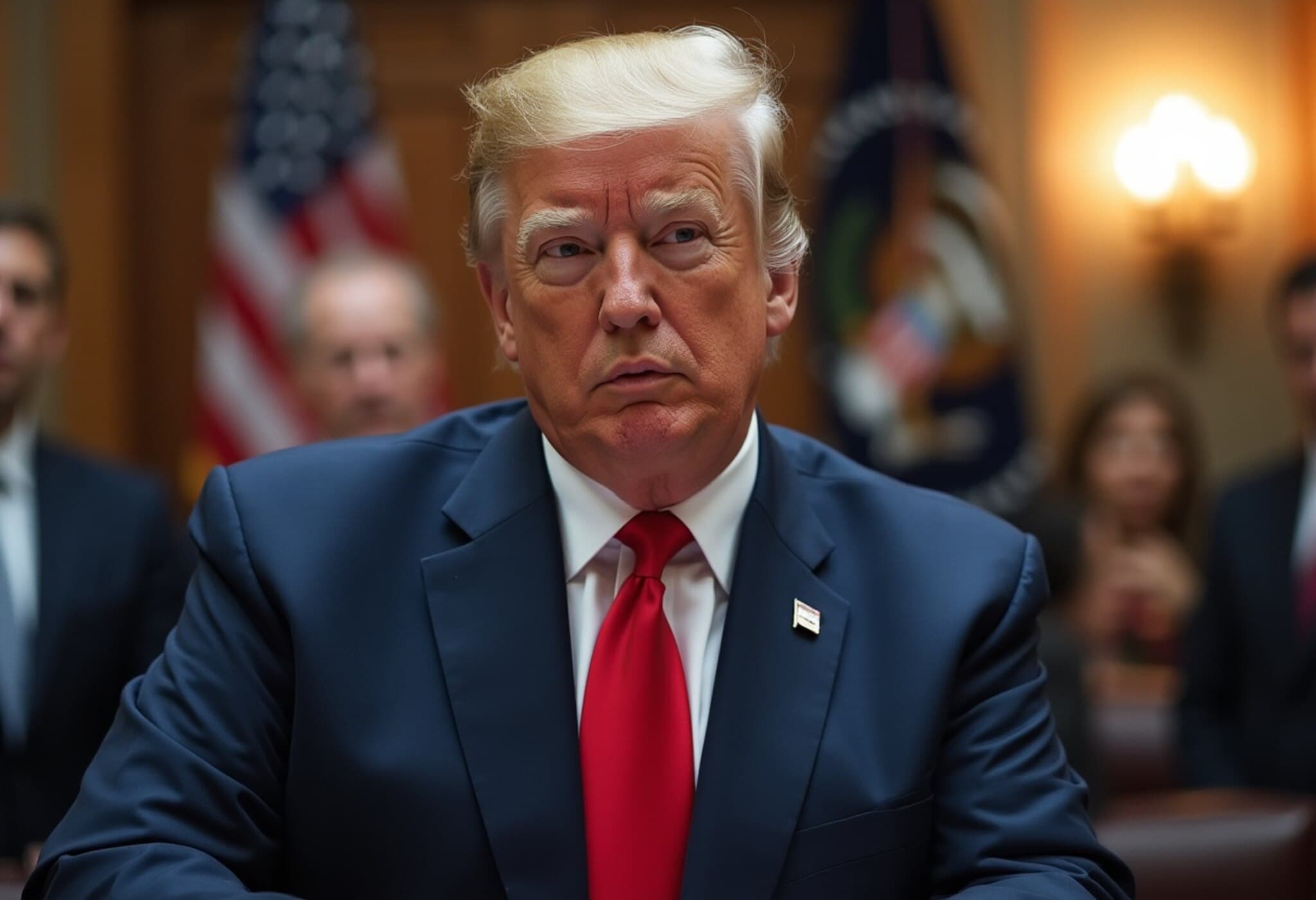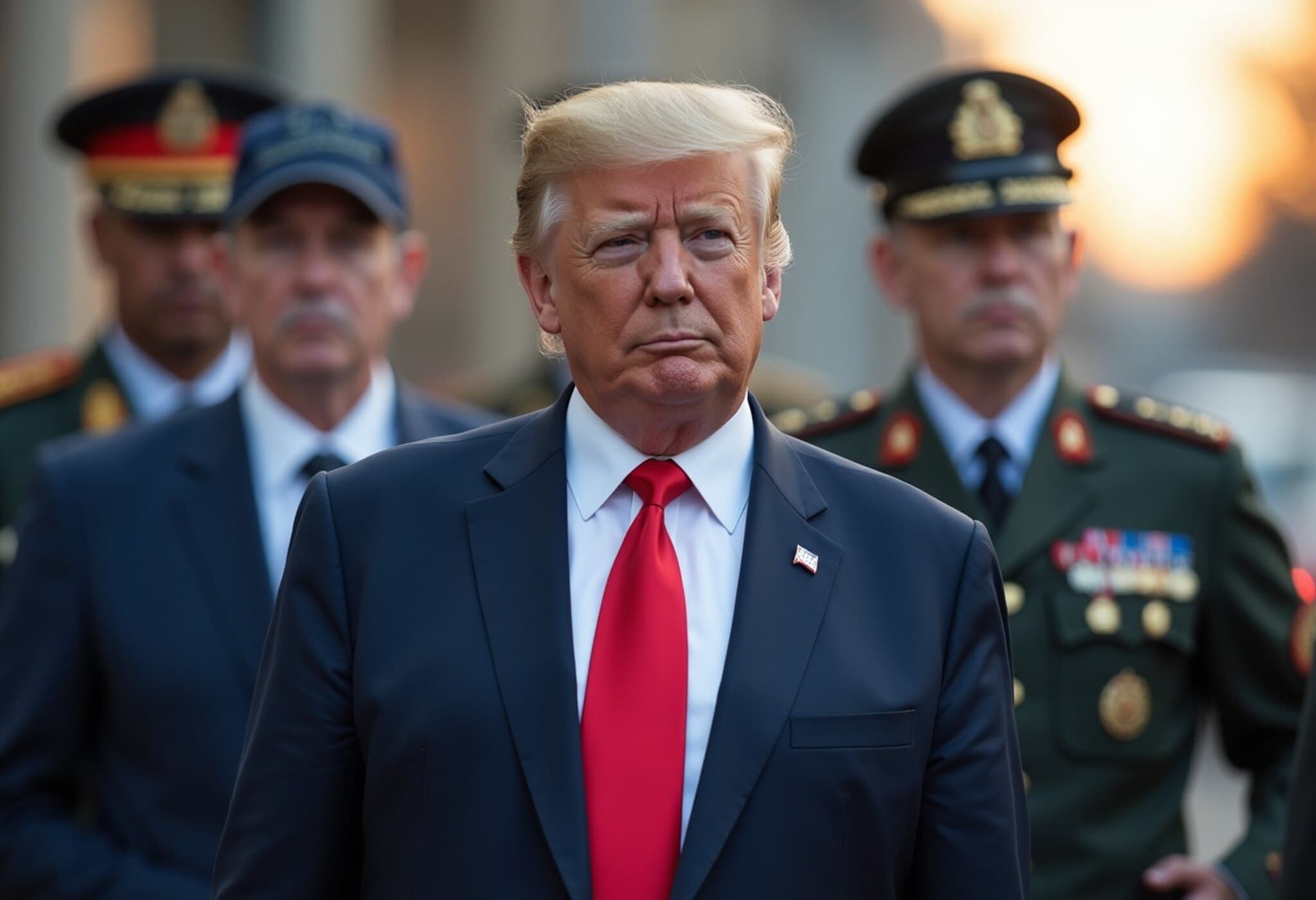Peter Navarro Calls for Nobel Prize Recognition for Trump’s Trade Overhaul
In a bold endorsement that is stirring debate across economic and political circles, White House trade adviser Peter Navarro has suggested that President Donald Trump deserves a Nobel Prize in Economics. His reasoning: Trump’s aggressive and unapologetic approach to reshaping global trade has fundamentally altered the international economic landscape.
“Teaching the World Trade Economics”
Speaking to Fox Business Network, Navarro asserted that Trump has taught the world a new approach to trade negotiations by refusing to accept what he deems unfair practices. “The biggest market in the world has said, you’re not going to cheat us anymore,” Navarro remarked. “We’re going to have fair deals.”
This hard-line stance is embodied in a series of tariffs imposed on trading partners, intended to level the playing field for American products and industries—policies Navarro claims have worked brilliantly to bring about more balanced trade agreements.
Trade Deals and Global Impact
Navarro didn’t stop at tariffs. He highlighted several high-profile agreements with key international partners such as the United Kingdom, Japan, and the European Union, alongside ongoing negotiations with China, describing them as swift and effective outcomes of Trump’s economic strategy.
He also controversially argued that these tariffs have acted as de facto tax cuts rather than contributing to inflation, suggesting the policy’s benefits extend to the US economy in unexpected ways.
Contextualizing the Economic Overhaul
While Navarro’s praise of Trump’s trade policies resonates strongly within certain political and economic sectors, it raises important questions about the broader implications of such measures:
- Economic Disruptions: Critics argue that tariffs have led to supply chain shocks and higher costs for manufacturers and consumers alike.
- International Relations: The imposition of tariffs on allies and adversaries alike has strained diplomatic ties, notably with countries like Canada and India.
- Long-Term Trade Patterns: There is ongoing debate about whether these policies have triggered a sustainable shift toward fairer trade or merely short-term protective barriers.
Intersection With Nobel Peace Prize Nominations
Interestingly, Navarro’s call for a Nobel in economics echoes a wider political narrative surrounding President Trump’s nominations for the Nobel Peace Prize. Multiple lawmakers and foreign dignitaries have nominated Trump for his role in facilitating Middle East ceasefires and mediating tensions between nations such as Israel and Iran, as well as India and Pakistan.
White House Press Secretary Karoline Leavitt claimed these frequent peace negotiations exemplify Trump’s underestimated global diplomatic influence, citing ceasefires in Southeast Asia and Africa as examples of his administration’s quiet diplomacy efforts.
Recent Tariff Measures and Their Repercussions
This enthusiasm comes amid Trump signing a sweeping executive order imposing tariffs on 95 countries, with rates varying from 10% to 41%. India, notably, faces a 25% tariff under a new reciprocal adjustment program, highlighting a tough stance even on longstanding trading partners.
These actions spark mixed reactions worldwide, underscoring the complex balancing act between protecting domestic interests and maintaining cooperative international trade relations.
Expert Insights
From an American economic policy perspective, Navarro’s argument opens a fascinating debate about how robust trade enforcement can foster domestic growth. However, economists warn of the dangers of protectionism, which can lead to retaliatory measures and higher costs for consumers.
Moreover, the proposal to award a Nobel Prize based on trade policy achievements challenges traditional criteria focused on theoretical contributions or humanitarian impact, calling for a reevaluation of how economic leadership is recognized globally.
Conclusion
Whether one views Navarro’s statement as hyperbolic praise or a serious candidacy recommendation, the conversation it sparks about the future of global trade is undeniably significant. Trump’s policies have certainly sparked a fundamental debate about fairness, sovereignty, and globalization in the 21st century.
Editor’s Note
This discussion invites readers to weigh the tangible impacts of trade policies beyond political rhetoric. What defines economic success on the world stage: immediate gains, long-term sustainability, or ethical fairness? As international relationships evolve in response to these policies, scrutinizing their real-world outcomes remains essential for understanding America’s place in global economics.

